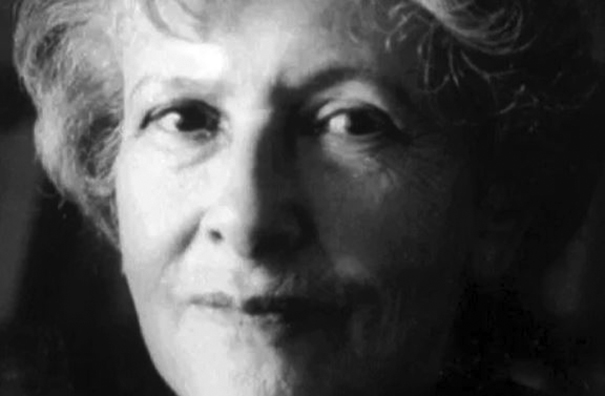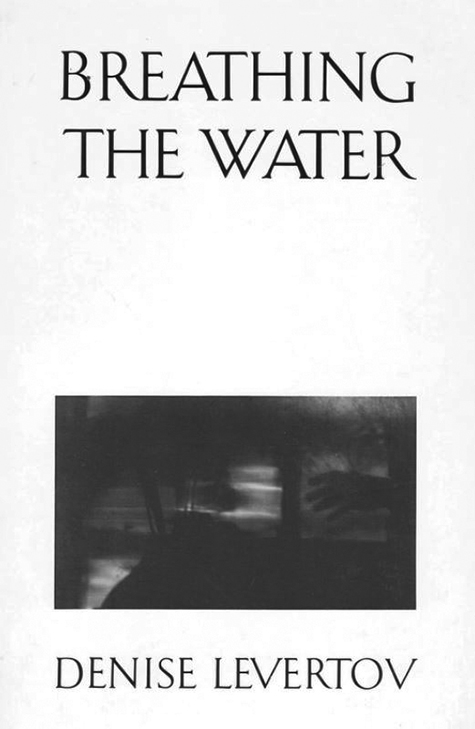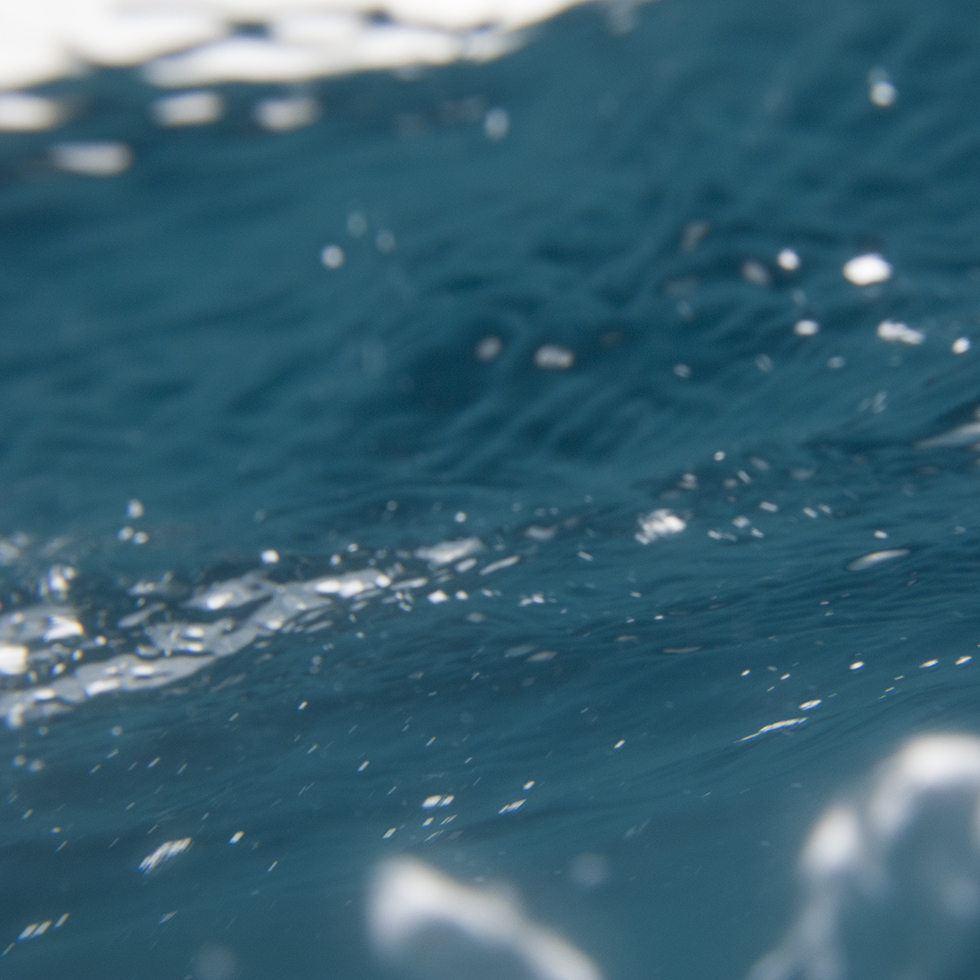
Le jour languit après le soir
Le zénith languit après l’horizon banal.
Le vent du nord après le sud,
et les nuages lourds
cherchent, cherchent cette terre
de fruit vermeil, de marbre poli ;
mais le vent qui les pousse
est vif, ils emportent avec eux l’hiver.
Quel est ce soir promis ?
Le jour, le jour sait bien
qu’envers et contre tout,
le soir ne fera pas défaut,
le soir ancien,
le soir lumineux.
//
The day longs for the evening
The zenith longs for the banal horizon.
The north wind longs for the south,
and the trudging clouds are
searching, searching for that land
of glowing fruit, of polished marble;
but the wind that drives them
is bitter, they bring winter with them.
What is that promised evening ?
The day, the day knows
in spite of everything,
that evening will not fail,
the ancient evening,
luminous evening.
*
Le dernier conte de fée grave, dans lequel on présente son cœur nu au couteau
La pièce est petite, la table simple,
de sapin blanc astiqué.
La maison est au fond du bois.
Chacun vient seul, mais on l’observe,
tenant avec soin entre ses deux mains
ce cœur qui jusque alors
tambourinait, tambourinait sans cesse
dans son antichambre intime –
vient pour le déposer, nu et encore battant,
au centre de la table simplement dans la petite pièce
où le couteau apparaîtra, frais aiguisé, tenu
imperceptiblement.
//
The last heavy fairy tale in which one lays one’s heart bare before the knife
The room is small, the table plain
white pine well-scrubbed.
the house is deep in the forest.
Each comes alone, but watched,
carefully holding in two hands
that heart which till now
was drumming and drumming away
in its own interior anteroom-
comes to center it, bare and still beating,
on the plain table
in the small room
where the knife will appear, new-sharpened, held
invisibly.
*
Le geste répété de la mer
Caressant son rivage bleu
tout au long de la nuit, patiente, patiente,
rhétorique entêtée qui jamais
ne persuade, les rochers ne voulant pas
être galets, les nuits et les jours et
les siècles s’écoulant avant que les galets
ne soient réduits en sable, le sable
enfin barrant le chemin de la mer
à l’intérieur des terres, une île
se formant du limon. Néanmoins
cette nuit toute entière et toutes
les nuits de notre vie la mer
caressant son rivage bleu,
patiente, patiente –
//
The sea’s repeated gesture
Stroking its blue shore
throughout the night, patient, patient,
determined rhetoric that never
persuades, the rocks unwilling
to be pebbles, nights and days and
centuries passing before the pebbles
dwindle to join the sand, the sand itself
at last barring the sea’s way
into the land, an island
forming from the silt. Yet still
all this night and all
the nights of our life the sea
stoking its blue shore,
patient, patient –
*
La myriade du passé, elle entre en nous et disparaît. À l’exception des fragments qui, quelque part en elle, comme des diamants, refusent d’être consumés
Jusqu’à ce que parfois
un esprit ou un corps ancien
– on ne voit plus vraiment
lequel ce peut bien être –
ces insistances indurées
ayant évincé toutes les autres,
devienne pur diamant,
transparence dure taillée
en mille facettes miroitant
des lumières de l’invisible,
irisation originelle,
arc-en-ciel de mort.
//
The myriad past, it enters us and disappears. Except that within it somewhere, like diamonds, exist the fragments that refuse to be consumed
Until sometime an ancient
mind or body-it’s not clear anymore
which it may be –
those indurate insistences
having crowded out all else
becomes all diamond :
hard transparence cut
to a thousand facets gleaming
with lights of the unseen,
a primal iridescence,
rainbow of death.
*
Le saint, béni soit-il, erre encore, dit Jacob, il erre à la recherche d’un lieu où se reposer
Entre les pages
une plume de roitelet
pour marquer quel passage ?
Du sang, pas sec,
perles écarlates sur la poussière des pierres.
Un regard étonné
que l’on perçoit à peine au visage qui se tourne-
Quelle chose, qui avait-il vu ?
Des traces.
Voici l’auberge froide,
le voyageur l’a dépassée
cherchant encore
la chaleur d’une étable,
un lieu où naître.
//
The holy one, blessed be he, wanders again,’ said Jacob. He is wandering and looks for a place where he can rest
Between the pages
a wren’s feather
to mark what passage ?
Blood, not dry,
beaded scarlet on dusty stones.
A look of wonder
barely perceived on a turning face –
what, who had they seen ?
Traces.
Here’s the cold inn,
the wanderer passed it by
searching once more
for a stable’s warmth,
a birthplace.
*
J’appris qu’elle s’appelait Proverbe
Et les noms secrets
de tous ceux, rencontrés, qui nous entraînent
plus loin au fond de notre labyrinthe
de vallées et de montagnes, de vallées tortueuses
et de montagnes plus escarpées –
leurs noms cachés sont toujours,
comme Proverbe, des promesses :
Rune, Présage, Fable, Parabole,
ceux que nous rencontrons seulement
dans un instant de grâce, un regard échangé,
ou côtoyons, des années, sans les reconnaître
mais dont un mot plus tard
revient chanter pour nous
comme d’en haut parmi les feuilles,
encore tout près mais invisible
nous tirant d’arbre en arbre
vers le temps et le lieu inconnu
où nous pourrons apprendre
ce qu’arriver veut dire.
//
I learned that her name was Proverb
And the secret names
of all we meet who lead us deeper
of valleys and mountains, twisting valleys
and steeper mountains-
their hidden names are always,
like Proverb, promises:
Rune, Omen, Fable, Parable,
those we meet for only
one crucial moment, gaze to gaze,
or for years know and don’t recognize
but of whom later a word
sings back to us
as if from high among leaves,
still near but beyond sight
drawing us from tree to tree
towards the time and the unknown place
where we shall know
what it is to arrive.

Poèmes extraits de Breathing the Water, New Directions Books, 1975.
Textes © Denise Levertov (trad. inédite © Raymond Farina) – Illustrations © DR
Si vous avez apprécié cette publication, merci de nous soutenir.
